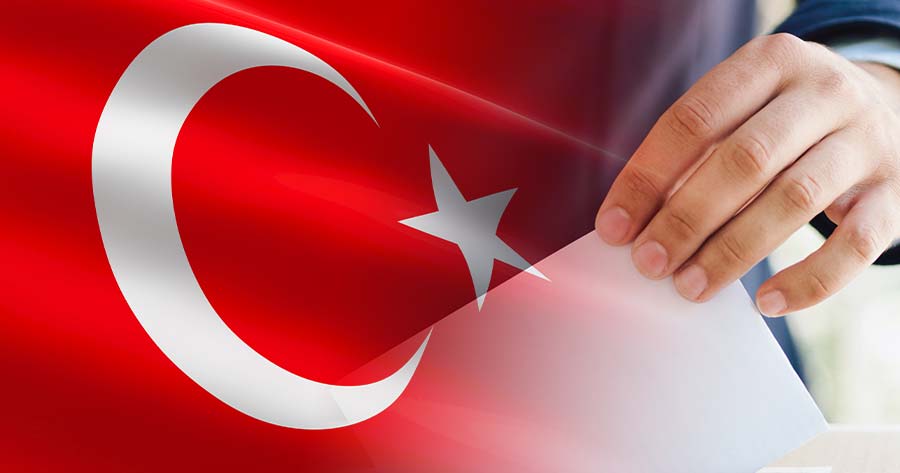Recep Tayyip Erdogan, the President of Turkey, faced an unprecedented defeat in the recent municipal elections against the main opposition party, the Republican People’s Party (CHP). This defeat comes at a time of significant challenges for Turkey, including rampant inflation and the highest borrowing costs recorded since Erdogan assumed power over two decades ago.
The AK Party, led by Erdogan, trailed behind the CHP in Sunday’s municipal elections, marking the first time this has occurred. Early results indicated a 35.5% support for the AKP, while the CHP led with 37.7%, based on approximately 99.8% of counted ballots as reported by state broadcaster TRT.
The election results revealed a shift in voter sentiment against the ruling AK Party, particularly noticeable in urban regions. The persistent high inflation, even after Erdogan permitted the central bank to raise interest rates to 50%, has led to a decline in consumer confidence without effectively curbing inflation rates, which are close to 70% annually.
The victory of Ekrem Imamoglu, the opposition mayor of Istanbul, with a notable margin in the recent elections has heightened his political popularity. Imamoglu’s success in Istanbul in 2019 ended Erdogan’s long-standing control over the city, with his party, the CHP, also securing the capital city of Ankara in the previous elections.
The municipal elections symbolize a significant political struggle between Turkey’s main political adversaries. Although Imamoglu claimed victory in Istanbul, he faces accusations of insulting members of the Supreme Election Council, potentially leading to a ban from political office.
The outcomes of the recent elections underscore the shifting political landscape in Turkey, with implications for the balance of power between the ruling AK Party and the opposition parties. The defeat signals a significant setback for Erdogan’s political stronghold and may have broader implications for the country’s future political direction.





